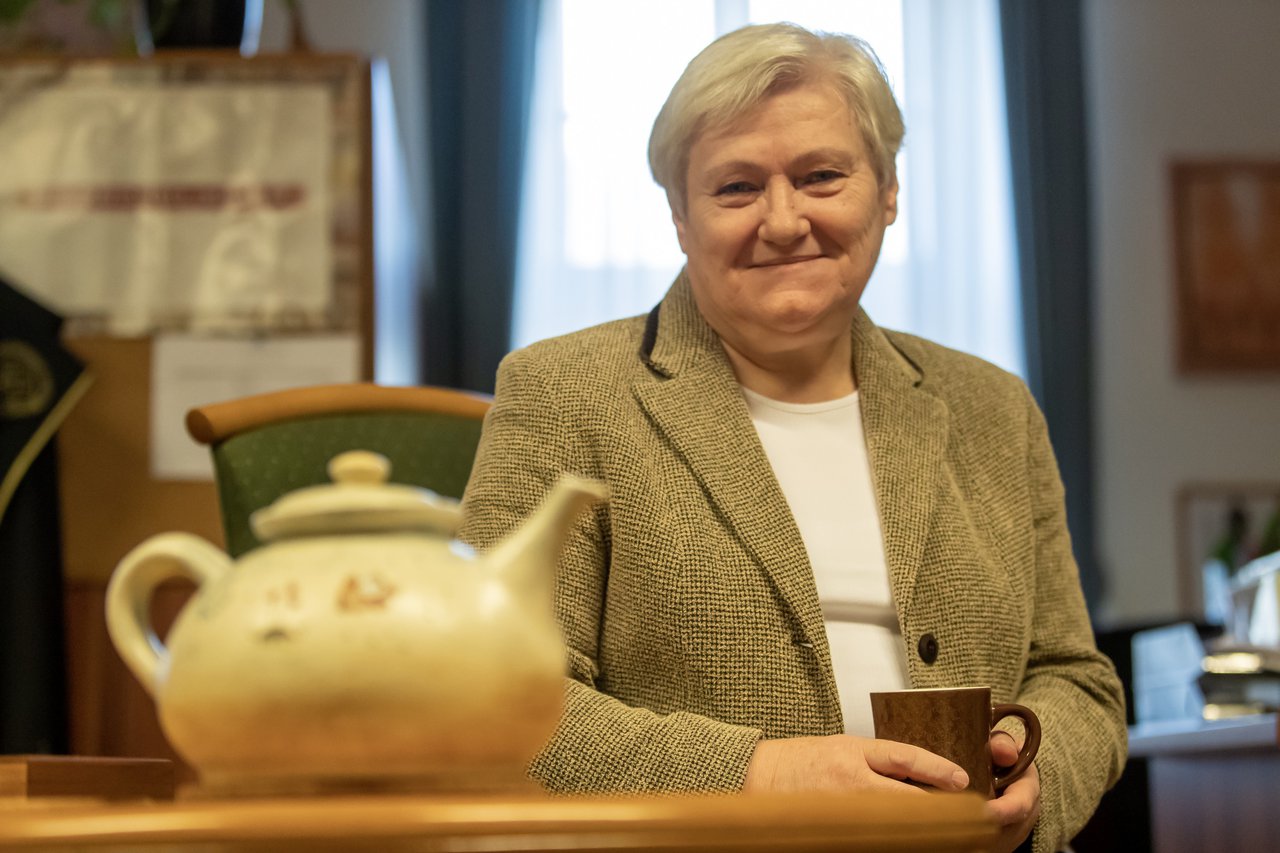Covid – grief recovery groups might start in congregations and hospitals across the country. In these communities, those who have lost loved ones in the pandemic can support each other. The Pastoral Institute of the Transtibiscan Reformed Church District (Debrecen) offered help to the hospital chaplains by conducting a training for the grief recovery support team leaders. Sára Bodó, Reformed pastor, the pastoral care coordinator of the District spoke about the details.
How can a grieving person recognise that they need extra help?
For example, if they have trouble sleeping at night, or they are ill, because of their body is giving signs that they can’t cope with this severe emotional stress. This pain from grief can make someone ill. If the family, community can sense this, we can mention that looking for help is not something to be ashamed of, but we can’t force anyone. Everyone loses loved once sooner or later, and it causes pain. It’s also good to know that grief is not an illness in itself, but rather the pain that comes with the loss. The wound can heal, and life will go on with the legacy we have received from our loved ones.

Why have you started this training?
We organized it on the request of the head of our Hospital Chaplaincy. The training started with 25 pastors from all around the country, who felt needed to talk about death, passing away, and grief after the difficulties we faced this past year and a half. In supporting each other, we looked into the psychology of mourning, its theological aspects, and most of all we talked about the particular situation the grieving families are in, many whom lost their loved ones without being able to say goodbye. This makes grieving even more difficult. We have come a long way to prepare the hospital chaplains to be able to engage in understanding, empathetic and theological ways to support the dying persons and grieving families.
Is the grief group itself a new initiative or did it exist before?
Helping the ones in need has been always the part of pastoral work, but because of the pandemic, our colleagues in pastoral care have met a lot of mourners who suddenly find themselves without any grip. Our aim now is for these groups of four to five people to share their experiences with others who might struggle with similar problems, and for the pastor to be present and offer accompaniment based on his theological training and personal testimony. This year we also encourage congregations to start Covid grief groups.
What can a bereavement support group offer to those who have lost loved ones? How is it more, than an individual counseling with a pastor?
This is a classic self-help group: meaning that everyone’s wound can heal through each other’s experiences. Even though every case is different, we can help by sharing the story of our loved one whom we lost. The leader makes sure that everyone has the voice and opportunity to share, and no one monopolizes the group.
In our country, almost 800 children have been orphaned or half-orphaned during the pandemic. Many lost their grandparents. Can the hospital chaplains help children too?
We covered this in our training too. If a child seeks help in one of these groups, the group facilitator will certainly try to help and support them. Rituals help children, for example writing a letter to their grandparents saying what they will do for them in their own lives, and what they will be remembered for. Even though it hurts for us to lose who we loved, we must remember that God is calling them from life to life, and he is waiting for them. The certainty of this can help all ages in their grief.
The Inteview was originally published in the Reformátusok Lapja, the weekly of RCH. Translated by Réka Komáromi, proofread by Claire Weihe